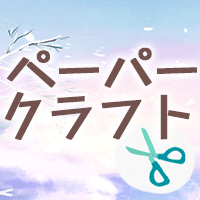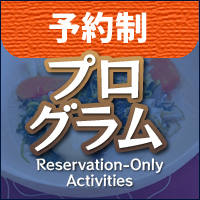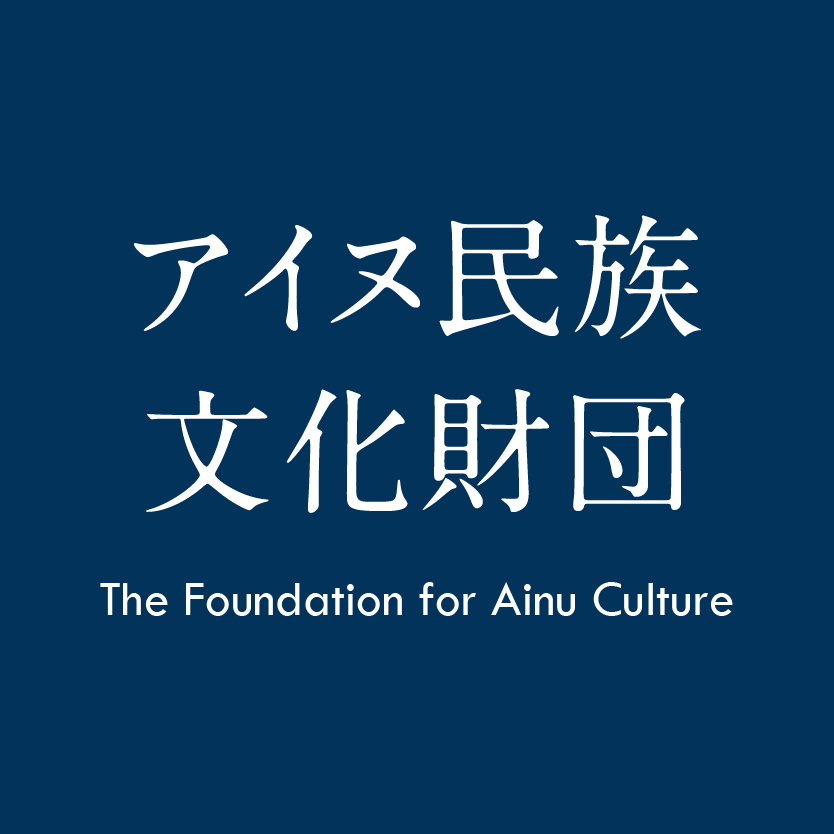Measures to prevent the spread of COVID-19 under latest government policies (as of May 24, 2023)
The Japanese government has recently downgraded the status of COVID-19 to “common infectious disease”, the same category as seasonal flu. In the interests of all visitors’ health, we ask for your understanding and cooperation with the following measures when visiting Upopoy.
1. During your visit
(1) You are not required to wear a mask, but please practice good cough etiquette.
(2) In some situations, you may be required to wear a mask and sanitize your hands when attending some events and programs in the museum.
(3) Please refrain from visiting Upopoy if you have a fever, a cold, or otherwise feel unwell.
2 . Basic infection prevention measures by Upopoy
(1) Employees in customer-facing roles will continue to wear masks for the time being.
Please be aware that they may remove their masks in some experience and exchange programs if an activity is not possible while wearing a mask.
(2) For the time being, hand sanitizer will be provided in places such as entrances to buildings so that visitors can use it when they feel that it is necessary.
(3) Each facility will be suitably ventilated (air conditioning, etc.)
(4) Protective screens will remain in customer-facing areas such as reception counters for the time being.
The safety of our visitors and staff remains the number one priority at Upopoy.
At Upopoy, we have implemented measures to prevent the spread of COVID-19, in accordance with guidelines for relevant industries. These measures are listed below. All staff at Upopoy are committed to working together to ensure that all visitors can enjoy their time at Upopoy in safety and with peace of mind. We appreciate your understanding and cooperation.
1. Requests to visitors
When travelling to Upopoy
(1) Please refrain from travelling to Upopoy if any of the following apply.
- If you have a fever of 37.5°C (99.5°F) or higher or feel unwell (including a loss or change to your sense of taste or smell).
- If you have had close contact with a person who has tested positive for COVID-19.
- If you or a close contact have travelled from a country or region designated by the Japanese government for post-arrival quarantine requirements.
In addition, thermal imaging is used to perform temperature checks at the entrance gate, and visitors with a fever of 37.5°C (99.5°F) or higher will not be permitted to enter.
While at Upopoy
(1) While inside Upopoy, please cover your mouth and nose when coughing or sneezing. Please keep conversation to a minimum, particularly while indoors.
In some situations, you may be required to wear a mask while attending some events and programs in the museum.
(2) Please wash or sanitize your hands frequently while at Upopoy. Hand sanitizer has been made available throughout the park for this purpose.
(3) Please maintain distance from other visitors where possible while in Upopoy. There are floor markings indicating the appropriate distance to be maintained, and staff will provide instructions where necessary.
(4) Please refrain from actions such as raising your voice or running, even when outdoors.
(5) Please refrain from eating and drinking at indoor facilities, except in areas where appropriate measures to prevent infection while eating or drinking have been implemented.
(6) After using a toilet, please close the lid before flushing.
2 .Providing an appropriate environment for visitors
(1) Regular disinfection is performed on items in each facility that are frequently touched by an indeterminate number of people, including door knobs, handrails, and visitor desks and chairs.
(2) Regular cleaning and disinfection are performed on areas of restrooms that are frequently touched by an indeterminate number of people.
(3) Efforts are made to ensure proper ventilation in all facilities and air-conditioning equipment is used in compliance with relevant laws and regulations.
(4) Staff will refrain from distributing material such as pamphlets and leaflets by hand wherever possible. These items can still be collected from their respective locations
(5) To prevent infection through contact, we are currently restricting the use of some touch panels on hands-on exhibits and the information devices used in the park.
3. Infection prevention measures for staff
Improving the office environment
(1) Regular washing or sanitizing of hands is strictly enforced among employees, including when starting work and after breaks.
(2) In principle, the wearing of masks is strictly enforced among employees. However, the removal of masks may be unavoidable to ensure appropriate expression during some cultural activities. In such cases, employees will maintain an appropriate distance from other employees and visitors.
(3) Employees are instructed to wash their uniforms and other work clothing thoroughly.
(4) The number of participants in meetings is kept to a minimum and the use of online meetings is actively encouraged.
(5) When employees travel for work, they are instructed to be aware of the current situation and any infection prevention measures in the area they are travelling to. Employees are also instructed to keep a record of people visited, relevant times, routes traveled and places visited when working outside of the office or travelling for business.
(6) Appropriate efforts are made to maintain a relative humidity of 40% or higher in office areas through the proper using air conditioning equipment and humidifiers.
(7) In addition to implementing measures to minimize the number of items and areas frequently touched by more than one person, communal items such as doorknobs, electric switches, handrails, tables and chairs are disinfected frequently.
(8) In addition to regular disinfection of communal items (tables, chairs, etc.) in break and rest areas, washing or sanitizing of hands before entering and after leaving such areas is strictly enforced. Measures such as ensuring a minimum distance of 2m between people facing each other wherever possible and the staggering of break times are also in place to further reduce the risk of infection in break rooms and waiting rooms.
Handling of cases of infection or potential infection among employees
(1) All employees, including contractors, employees at stores and food outlets (hereafter referred to as “employees”) engaged in work with the Foundation for Ainu Culture or within Upopoy are asked to confirm their body temperature and the presence or absence of any potential symptoms of COVID-19 before coming to work. Any employees who are unwell are not allowed to work.
(2) Employees who have symptoms such as a fever isolate at home and keep management updated on their condition every day. If their symptoms do not improve, they are instructed to consult a doctor or health center.
(3) If an employee is infected with COVID-19, or there is an indication that they have been infected with COVID-19, the workplace of the employee concerned shall be disinfected based on their known movements. Any employees who may have come into close contact with the employee concerned will be asked to remain at home and await instructions.
(4) If there is a possibility that an employee, or a family member living with an employee, has come into close contact with a person infected with COVID-19, the employee concerned shall be instructed to make use of any appropriate leave or to work from home.
(5) Employees are instructed to isolate at home if they or a close contact have travelled to a country or region designated by the Japanese government for post-arrival quarantine requirements.
(6) If an employee is infected with COVID-19, in principle, this fact shall be announced for the purposes of protecting public health. However, appropriate steps will be taken regarding the content of any such announcement in order to avoid the identification of the employee concerned.
(7) Efforts will be made to raise awareness among employees in order to prevent discrimination against employees who have recovered from COVID-19, or employees who are connected to such a person, upon their return to work. Due consideration shall also be given to ensuring that such employees can return to work without disruption.







